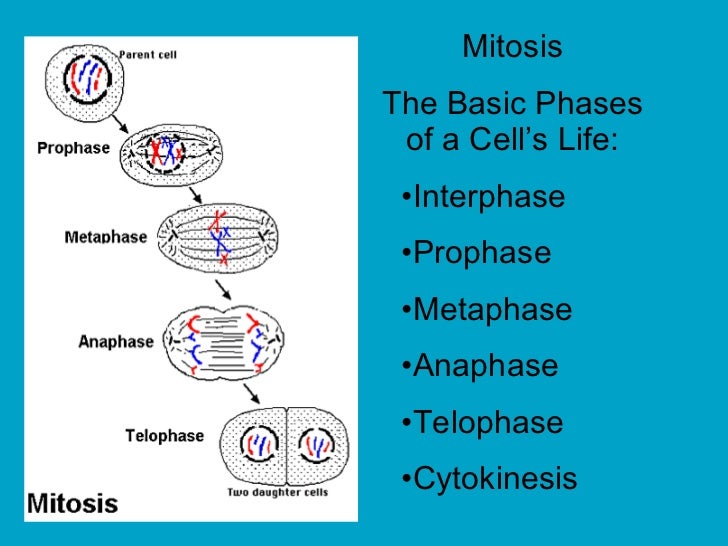Growth is defined as an irreversible increase in volume, size, and number of parts, length and weight of an organism It is an organic process which takes sometimes to accomplish.
The three processes involve in growth are
- Cell division:- is a process by which cell increases in number and is achieved by cell division called mitosis. The synthesis of new protoplasm leading to the doubling of the chromosomes number in a process called replication before cell actually divide into two, with each daughter cell having the same chromosome as parent cell.
- Cell enlargement:- This is a process after cell division in which the daughter cell absorb nutrients from their surrounding which it uses to increase in mass and size. Part of the nutrient is used to generate energy while the remaining is assimilated resulting in enlargement of the cells.
- Cell differentiation– This process takes place after cell enlargement in which each cell develop into a special type of cell by changing its shape and structure in order to carryout growth, a specialized or particular function.
MITOSIS
Mitosis is a division of cell which produces two identical cells with the same number of chromosomes and characteristics as those of the parent cell. Mitosis is a cell division that lead to growth and it occurs in somatic cell(body cells) such as skin, bone marrow, lymph nodes and injured places and meristimatic tissues of plant. Mitosis occurs in five stages namely interphase, prophase, metaphase, anaphase and telephase.

- Interphase- This is a resting stage of the cell: At this stage, the cell has normal appearance of non-dividing cell condition. Chromosomes are not clearly visible.
- Prophase- The chromosomes become visible as chromatin threads. The chromosomes become shorter, thicker and clearly visible. Each chromosome now forms two district chromatids joined by a centromeres. Nucleolus is gradually disappearing and formation of spindle fibres commence.
- Metaphase– At metaphase the chromosomes (now parried) called chromatids arranged themselves along the equator or middle of the spindle. The chromatids are attached to the spindle by centrometre.
- Anaphase- The chromatids of each chromosome separate. The start migrating to the poles of the cell by elongation of the spindle axis. The chromatids eventually reach the pole.
- Telophase (cytokinesis)- The cell starts dividing into two by line of division at the equator. The chromosome loses their thick appearance and the nuclear material, nucleus and nuclear membrane reformed. The spindle structure disappears and the cell split completely into two daughter cells having the same condition as interphase. The
- division of the cell at telophase into daughter cells is called cytokinesis
Read our disclaimer.
AD: Take Free online baptism course: Preachi.com 